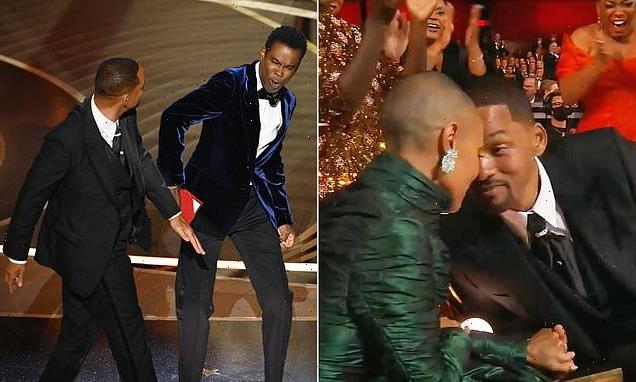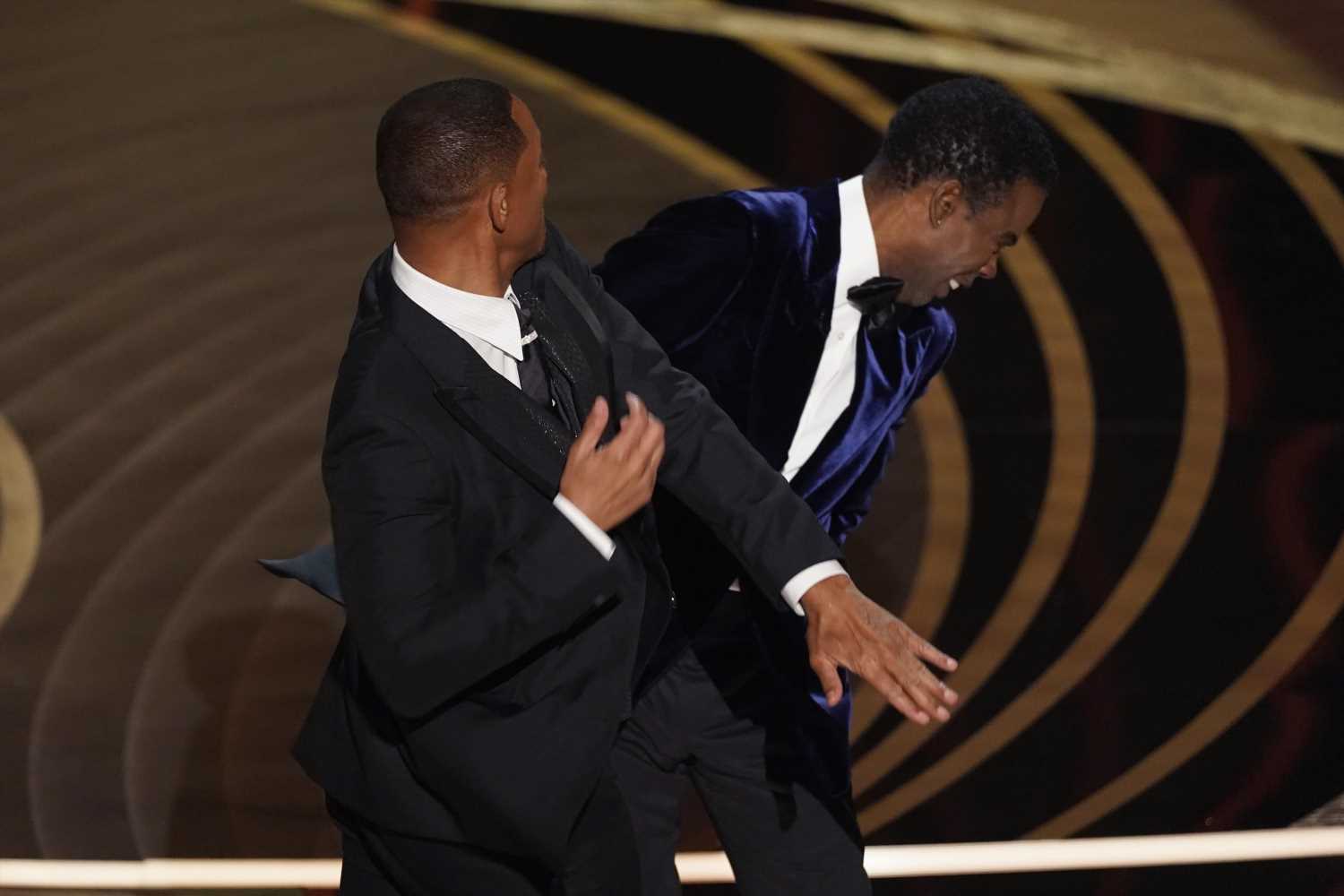WARSAW, Poland — President Joe Biden returned to Washington early Sunday after three days of high-profile meetings in Europe where he sought to rally America’s allies for a prolonged pressure campaign against Russia's invasion of Ukraine.
Biden met with world leaders in Brussels before heading to Poland where he visited U.S. troops not far from the border with Ukraine, toured a Ukrainian refugee center in Warsaw and met with the Polish president before giving a speech on the state of Russia's war in Ukraine.
The visit provided a high-profile moment on the world stage for Biden in one of the worst periods of European conflict since World War II. Here are four key takeaways from the president's trip:
Unity message sent
White House officials said a central purpose of the meetings with world leaders, which Biden requested, was to shore up unity between NATO, the European Union and the major industrial nations (the G-7) to put long-term economic pressure on Russian President Vladimir Putin.
It was a goal Biden was largely able to achieve. The U.S., along with the European Union and the G-7 announced additional sanctions on more than 400 Russian individuals and entities. The countries also announced new efforts to prevent Russia from circumventing the sanctions and to block the country’s central bank from using gold to prop up its economy, and the launch of plans to reduce European dependence on Russian natural gas.
Biden said he believes that type of sustained pressure will eventually be what gets Putin to end the war, but he moderated expectations that anything said or done during his European visit would affect Putin’s actions in the short term.
“If you’re Putin and you think that Europe is going to crack in a month or six weeks or two months, why not? They can take anything for another month,” the president said during a news conference in Brussels. “But we have to demonstrate, the reason I asked for the meeting, we have to stay fully, totally, thoroughly united.”
Reassurance to Poland
Poland has become a crucial ally for the U.S. — it is hosting thousands of U.S. troops, taking in millions of Ukrainian refugees and providing a key supply route for getting weapons to Ukraine. At the same time, Russian missiles have struck close to the border it shares with Ukraine, and there is a recognition in Poland that it could be Russia’s next target.
During his two days in Poland, Biden made efforts to reassure the country that the U.S. would help to provide assistance in dealing with the refugee crisis, pledging an additional $1 billion in global aid for refugees. Biden also vowed to defend Poland militarily, as a member of NATO, should Russia attack its soil.
In a speech in Warsaw Saturday, Biden repeatedly referred to popular Polish historical figures, including Pope John Paul II and former president Lech Wałęsa, and to Poland’s struggles throughout history for its independence in a message directed to the Polish people, thousands of whom lined the streets to get a glimpse of Biden's motorcade and listen to his speech.
Unscripted moments
Despite a heavily choreographed itinerary of photo opportunities and meetings, it was some of Biden’s unscripted moments that caught the most attention on the world stage.
During a carefully crafted speech in Poland, Biden added a line that seemed to suggest he was calling for regime change in Russia — something Russian officials have accused the U.S. of attempting for years, despite U.S. denials.
“For God’s sake, this man cannot remain in power,” Biden ad-libbed.
The White House quickly issued a statement saying the remarks did not indicate a change in policy as the Kremlin seized on the comment.
Biden made several other comments during the trip that also collided with official White House positions. When he was speaking to U.S. troops in Poland, for instance, he seemed to suggest they would be going into Ukraine — even though he has insisted he won’t be sending troops into that country.
A White House official said there had been no change in the U.S. position that troops wouldn't be sent to Ukraine.
And during a news conference in Brussels, Biden said the intention of the sanctions on Russia was not to deter Putin, directly contradicting comments his vice president and secretary of state made last month.
The long road ahead
As the war enters its second month, many questions remain: How will the West respond if Putin uses a chemical or nuclear weapon? What can be done about high oil prices? And what role will China ultimately play?
Biden offered no illusions over the uncertainty and the likely long road ahead, framing the war in Ukraine as an ongoing conflict between democracies and autocracies that could continue for decades.
“We must commit now to be in this fight for the long haul,” Biden said in his speech in Warsaw. “We must remain unified today and tomorrow and the day after and for the years and decades to come.”
Biden’s final hours in Europe indicated as much. Hours before his speech in Warsaw, Russian missiles struck Lviv in western Ukraine, rattling a city that had been a relatively safe haven and suggesting Russia was far from scaling back its operations.
Source: Read Full Article

